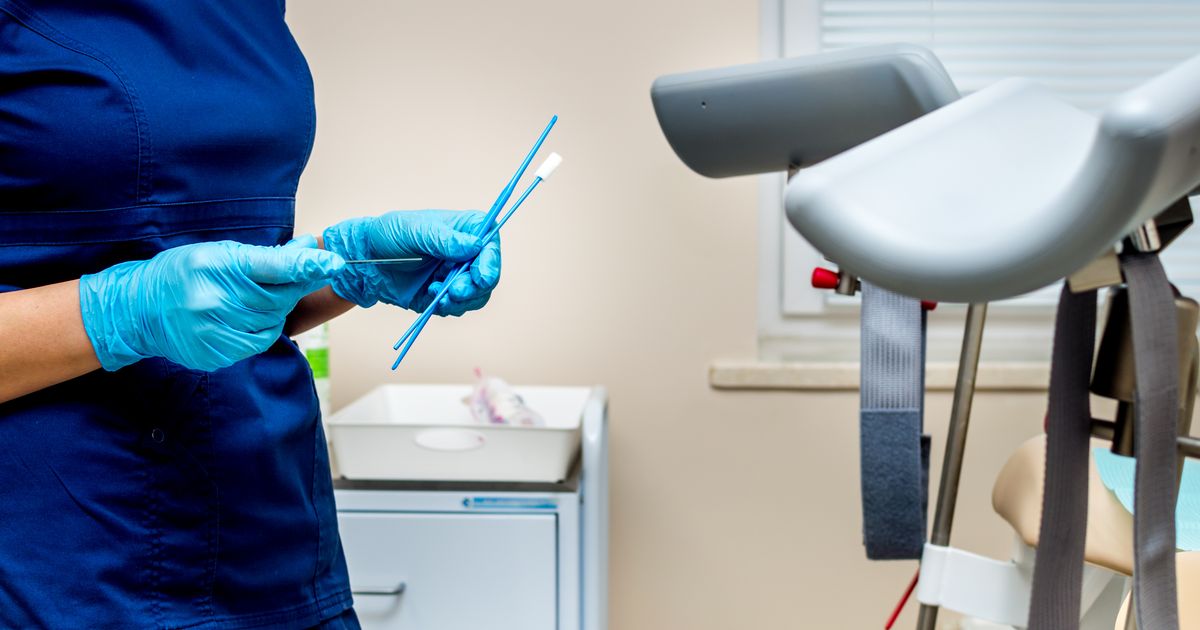Women who have consistently missed cervical screening appointments will now be offered DIY tests in an effort to prevent cervical cancer cases. These at-home tests detect the human papillomavirus (HPV), which is associated with most cervical cancer cases.
Following approval from the UK National Screening Committee in March, the NHS in England plans to offer these tests to certain women. The rollout is anticipated to commence in January of next year.
The NHS provides cervical screening tests, formerly known as smear tests, to all women aged 25-64 every three years, reports Gloucestershire Live. However, many individuals decline the offer due to reasons such as lack of time, discomfort, or embarrassment.
NHS data released last November revealed that five million women are not up-to-date with their routine check-ups. Officials have now announced that at-home kits will be provided to women who have seldom or never attended their cervical screening.
This initiative involves sending a self-sampling kit to women through the post, which can then be returned via pre-paid mail. Those found to have the HPV virus will be urged to schedule an in-person appointment with a clinician.
Research indicates that offering DIY testing kits could increase participation. A groundbreaking trial, YouScreen, led by King’s College London in partnership with NHS England, has discovered that offering home self-sampling kits to women who are less likely to attend regular check-ups could boost screening numbers by 400,000 a year.
The Department of Health and Social Care has revealed that this fresh approach might save around 5,000 lives annually across England.
Targeting individuals often missing essential screenings, like young women, minority ethnic groups, the disabled, and members of the LGBT+ community, is the focus of this project.
Health and Social Care Secretary Wes Streeting hailed the programme, stating: “These self-sampling kits represent healthcare that works around people’s lives, not the other way around. They put women firmly in control of their own health, ensuring we catch more cancers at their earliest, most treatable stages.
“Our 10-year health plan will fundamentally reform the NHS, shifting focus from treating illness to preventing it before it starts. We know the earlier cancer is diagnosed the better the chances are of survival. By making screening more convenient, we’re tackling the barriers that keep millions of women from potentially life-saving tests.”
Dr Anita Lim, from King’s College London and the chief investigator of the YouScreen trial, expressed her excitement about the progress in cervical cancer prevention, saying: “This is a significant step forward for cervical cancer prevention and brings us closer to the NHS goal of eliminating the disease by 2040.”
She went on to explain that the trial, which involved sending out self-sampling HPV kits to women who were less likely to attend conventional screenings in London, had the potential to engage with those from diverse and underserved communities, stating: “The YouScreen trial, which provided self-sampling HPV kits to under-screen women in London, demonstrated that self-sampling could reach people who find it difficult to attend traditional screening – including those from diverse and underserved populations.”
Lim concluded: “It’s hugely positive to see this now reflected in national policy, helping more people get protected from this highly preventable cancer.”
Adding to the conversation, Michelle Kane, NHS England’s director of screening, pointed out barriers to screening and the expected benefits of self-testing availability, saying: “There are a number of reasons that stop some women taking up the offer of screening and we hope the introduction of self-testing will encourage more women to take up this life-saving test in a way that works for them.”
Kane urged the importance of attention to health invites and symptoms, insisting: “I’d encourage anyone who gets an invite for a cervical screening, either from their local GP practice or the NHS App, to attend and if you have any worrying symptoms, please contact your GP. It could save your life.”
